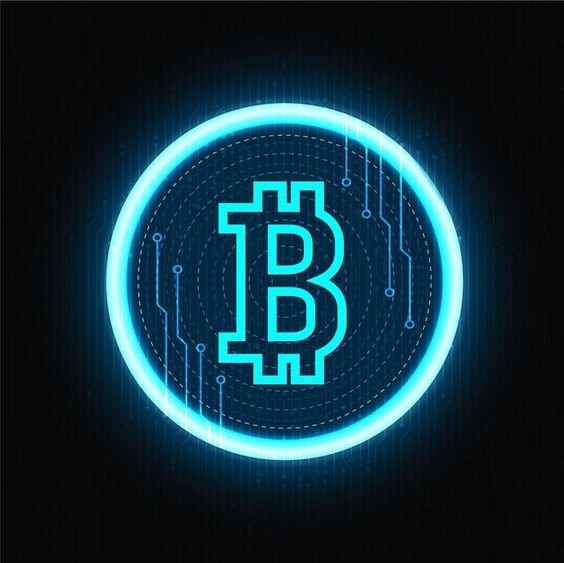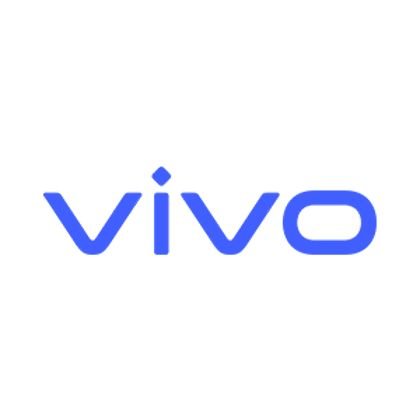
Decentralized exchanges (DEXs) have emerged as a significant innovation in the cryptocurrency and blockchain space. Unlike centralized exchanges (CEXs), which rely on intermediaries to facilitate trading, DEXs enable peer-to-peer transactions directly on the blockchain. This decentralized approach offers several advantages, including enhanced security, privacy, and control over assets. As the cryptocurrency market evolves, the future of DEXs looks promising, with potential developments and challenges shaping their trajectory. This article explores the future of decentralized exchanges, considering technological advancements, market trends, and regulatory factors.
Key Features of Decentralized Exchanges
Security and Control
One of the primary benefits of DEXs is enhanced security. Users retain control of their private keys and funds, reducing the risk of hacks and thefts associated with centralized exchanges. Since transactions are executed directly on the blockchain, there is no need to trust a central authority with custody of assets.
Privacy and Anonymity
DEXs typically offer greater privacy compared to CEXs. Users are not required to complete extensive know-your-customer (KYC) procedures, allowing for more anonymous trading. This feature appeals to users who prioritize privacy and seek to avoid the oversight of centralized authorities.
Accessibility and Inclusion
DEXs are accessible to anyone with an internet connection and a compatible digital wallet. This accessibility democratizes trading and financial services, providing opportunities for individuals in regions with limited access to traditional banking and financial systems.
Emerging Trends and Technologies
Automated Market Makers (AMMs)
Automated Market Makers (AMMs) have revolutionized the DEX landscape by replacing traditional order books with liquidity pools. AMMs, such as those used by Uniswap and SushiSwap, enable users to trade directly against a pool of tokens, with prices determined by a mathematical formula. This innovation has simplified the trading process and increased liquidity, making DEXs more user-friendly and efficient.
Cross-Chain Interoperability
As the cryptocurrency market becomes more diverse, the need for cross-chain interoperability grows. The future of DEXs will likely involve platforms that can facilitate seamless trading across different blockchain networks. Solutions like Polkadot, Cosmos, and Thorchain are already exploring cross-chain interoperability, allowing assets from various blockchains to be traded on a single platform.
Layer 2 Solutions
Scalability has been a significant challenge for blockchain networks, particularly Ethereum, which hosts many popular DEXs. Layer 2 solutions, such as rollups and state channels, aim to address this issue by enabling off-chain transactions that are later settled on the main blockchain. These solutions can significantly reduce transaction fees and increase throughput, enhancing the user experience on DEXs.
Decentralized Governance
Many DEXs are adopting decentralized governance models, allowing token holders to participate in decision-making processes. Through governance tokens, users can vote on protocol upgrades, fee structures, and other critical aspects of the platform. This community-driven approach aligns the interests of users and developers, promoting transparency and accountability.
Challenges and Considerations
Regulatory Uncertainty
One of the most significant challenges facing the future of DEXs is regulatory uncertainty. Governments and regulatory bodies worldwide are still determining how to classify and regulate decentralized platforms. The lack of a central authority and the potential for anonymous transactions can complicate compliance with anti-money laundering (AML) and counter-terrorism financing (CTF) regulations. Future regulations could impact the operation and accessibility of DEXs, influencing their growth and adoption.
Security Risks
While DEXs offer improved security in some areas, they are not immune to vulnerabilities. Smart contract bugs, exploits, and flash loan attacks can result in significant financial losses. Ensuring robust security measures and thorough auditing of smart contracts is crucial for maintaining user trust and platform integrity.
User Experience and Accessibility
Despite advancements, DEXs still face challenges related to user experience and accessibility. The complexity of setting up digital wallets, managing private keys, and understanding blockchain transactions can be daunting for newcomers. Improving user interfaces and educational resources will be essential for attracting a broader audience to DEXs.
Liquidity and Market Depth
Compared to CEXs, DEXs often struggle with lower liquidity and market depth, which can result in higher slippage and less favorable trading conditions. Enhancing liquidity through incentivized liquidity provision, cross-chain interoperability, and integration with liquidity aggregators can help address these issues.
The Future Landscape of DEXs
The future of decentralized exchanges is likely to be shaped by a combination of technological advancements, regulatory developments, and market dynamics. Some potential future scenarios include:
Integration with Traditional Finance
As the line between decentralized and traditional finance blurs, we may see increased integration between DEXs and traditional financial systems. This could involve partnerships with banks, asset managers, and payment providers, enabling seamless on- and off-ramps between fiat and cryptocurrencies.
Expansion of Decentralized Finance (DeFi)
DEXs are a crucial component of the broader DeFi ecosystem. As DeFi continues to grow, DEXs will play an essential role in providing liquidity, enabling decentralized lending and borrowing, and offering innovative financial products. The expansion of DeFi will likely drive further innovation and adoption of DEXs.
Evolution of Governance Models
The evolution of decentralized governance models could lead to more community-driven platforms, with users having a more significant say in the development and management of DEXs. This could result in more responsive and adaptable platforms, better aligned with user needs and market conditions.
Adoption of Privacy-Enhancing Technologies
Privacy remains a critical concern for many users. The adoption of privacy-enhancing technologies, such as zero-knowledge proofs and confidential transactions, could provide greater anonymity and security on DEXs. This would appeal to privacy-conscious users and potentially mitigate regulatory concerns related to privacy.
Conclusion
The future of decentralized exchanges is promising, with numerous advancements and innovations on the horizon. As DEXs continue to evolve, they have the potential to reshape the financial landscape, offering secure, transparent, and accessible alternatives to traditional financial systems. However, the journey ahead will require addressing regulatory challenges, enhancing security, improving user experience, and ensuring sufficient liquidity.
As the cryptocurrency market matures, the role of DEXs is likely to expand, driven by technological progress and growing demand for decentralized financial services. Whether as standalone platforms or integrated with traditional finance, decentralized exchanges are poised to play a pivotal role in the future of finance.
ALSO READ: Supervised vs. Unsupervised Learning: Key Differences








